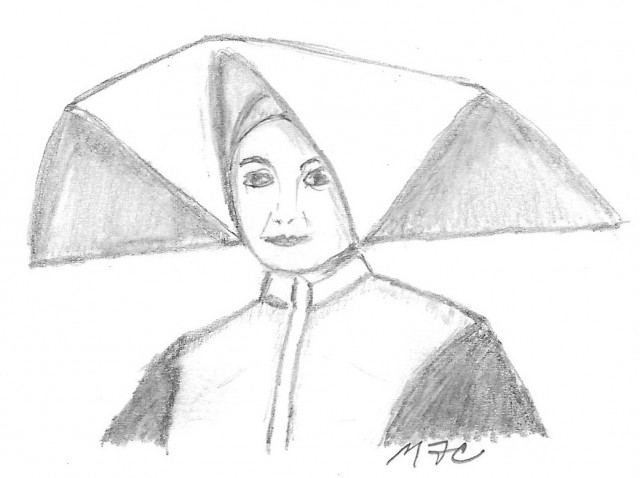< Blog Home Page
Ferriter Family Occupations on the Dingle During the 1700s
Creation of the new Ferriter Family website moved me to a review of certain items that I had in hand, for inclusion on the site. A number of these are now posted as blog entries, including the following. None of these observations, speculations, and theories have been altered by the time that has passed between having been written and now…enjoy reading, and comment, please!
The lands that the Ferriters resided upon were not prime agricultural land. Those familiar with the place realize that aside from vegetable plots and grazing sheep, there’s not much to be had there, from the land itself. The Ferriter family members remaining in Dunurlan and there about during the 1700s surely had a rough time of it.
So what sorts of things might these folks have done to survive? The two short answers are: (1) Just about anything and, (2) You do not want to know.
I suspect that there are two basic categories: what was legal, and what was illegal. On the legal side would fall farming as a tenant for Lord Ventry – most certainly with a focus on Sheep, although we do know that several Ferriter men show up on “flax growers” lists, so raising flax must have been a worthwhile cash crop type activity. An additional agricultural pursuit may have involved cows, and associated dairy. We know that Ferriters traveled the famous butter road to Cork, so this must be included.
Ferriters may have been boat builders, and may have repaired boats and dealt in maritime equipment from their anchorage at Ferriter’s Cove. Without a doubt, the sea must have offered a greater attraction than the land for most of these people. Fishing and shipping were most certainly pursued. We know that a Nicholas Ferriter mastered an ocean going vessel during the mid 18th century, and we know that another Nicholas Ferriter was a rope maker in Boston, Massachusetts during the 1770s, with rope-making a natural extension of marine activities in general.
These are all nice, legal occupations, but when one considers them for a moment, each resides close by some illegal activity. Raising livestock and livestock raiding, fishing and fish poaching, boat handling and small scale piracy, salvage and shipwrecking, coastwise shipping and smuggling – these things exist side by side, and for people under constant economic duress, the stepping over from the legal to the illegal may be a very short step indeed.
I will not pre-judge these people – rather I will not judge them at all. I can easily accept the motivations and proclivities that reside behind any illegal or extra-legal activity that they participated in. That said, before I cast the blanket of suspicion over the clan to any greater extent than I have, I will investigate the record.
At the onset, I must warn: I have already stumbled across evidences for many of the legal and illegal activities that I have cited. To date, none of these evidentiary fragments have been collected, collated, and studied with an eye to understanding. I’ll try that going forward.
Know Your Ancestors
Sister Helen Theresa Ferriter
Helen Theresa Ferriter was born in 1870 to immigrant parents from the Dingle Peninsula area of Ireland. She was the tenth child of Nicholas and Mary Ann (Sullivan) Ferriter. Her oldest brother, Michael James Ferriter, was 17 and working in the coal mines along with his father. Her youngest sibling was John Joseph Ferriter, age 5. Four of the nine children born before her had not survived childhood, with one dying as an infant and three dying as toddlers. Barclay Village no longer exists. At one time, it was a very busy community that sprouted up in 1850 around the coal mines and the rail... Read More

